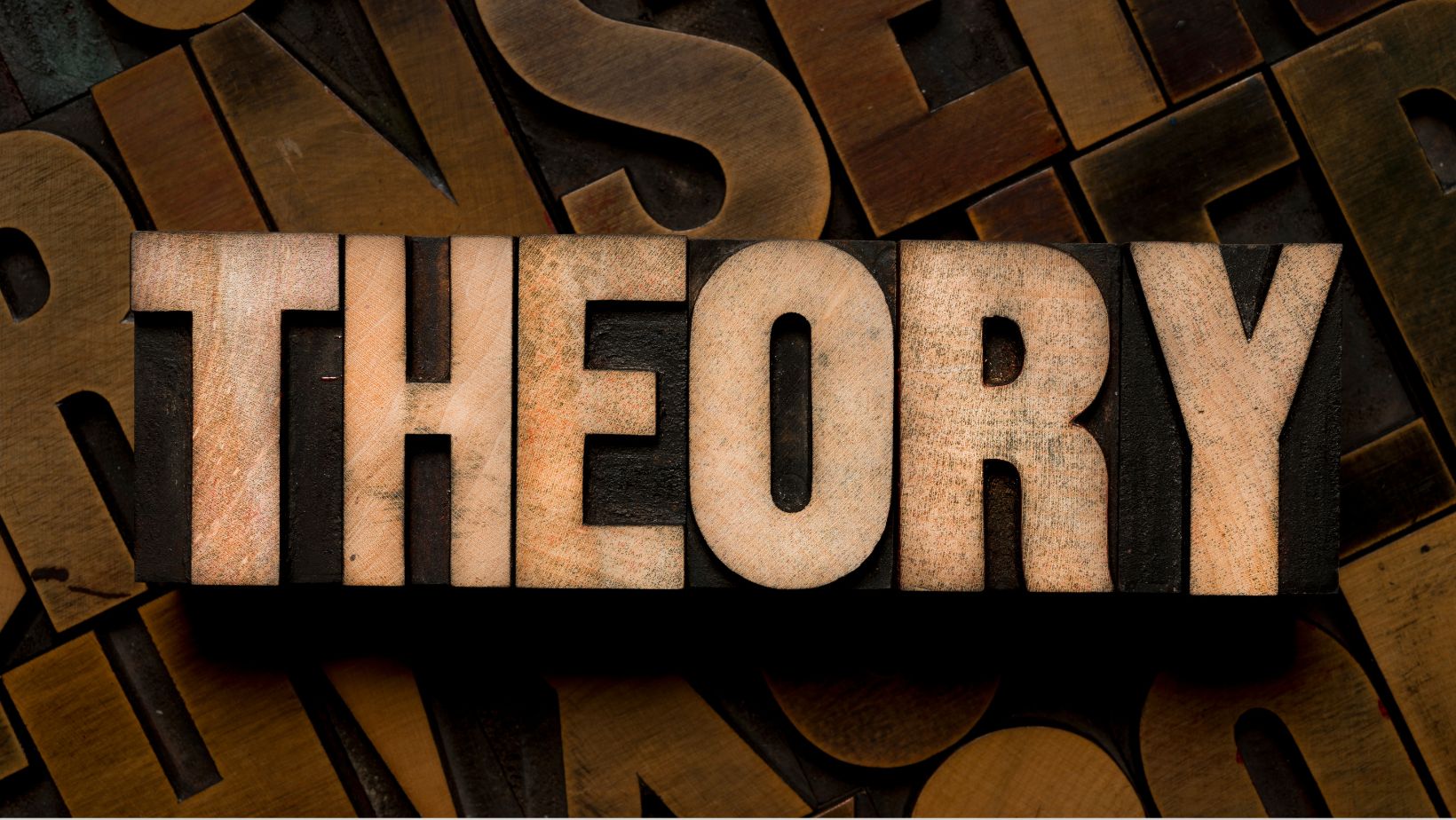Psychoanalytic Theories of Development Place Heavy Emphasis on The Role Of
One of the fundamental concepts in psychoanalytic theories of development is the existence of the unconscious mind. According to Freud, our unconscious thoughts, feelings, and memories play a crucial role in shaping our behavior, even if we are not consciously aware of them. By delving into the depths of the unconscious, psychoanalytic theories aim to uncover the hidden motivations and conflicts that influence our actions and shape our personalities.
Another important aspect of psychoanalytic theories of development is the notion of unresolved conflicts. These theories propose that early childhood experiences, particularly those related to our relationships with our parents or caregivers, can leave lasting imprints on our psyche. Unresolved conflicts from this developmental stage can manifest in various ways throughout our lives, impacting our relationships, self-esteem, and overall well-being. Understanding and addressing these unresolved conflicts can be a transformative process, leading to personal growth and healing.
The Basics of Psychoanalytic Theories of Development
Psychoanalytic theories of development place heavy emphasis on the role of the unconscious mind and unresolved conflicts in shaping human behavior and personality. These theories, pioneered by Sigmund Freud, suggest that our unconscious thoughts, feelings, and memories play a significant role in influencing our actions, even if we are not consciously aware of them.
According to Freud, our early childhood experiences have a profound impact on our development. During this time, we encounter various conflicts and challenges that can leave lasting impressions on our psyche. These unresolved conflicts become stored in our unconscious mind and continue to influence us throughout our lives.
One key concept in psychoanalytic theories is the idea of defense mechanisms. These are psychological strategies that we employ to protect ourselves from anxiety and to cope with the conflicts and desires of our unconscious mind. Defense mechanisms, such as repression, denial, and projection, serve as a way to shield ourselves from painful or unacceptable thoughts and emotions.
Another important aspect of psychoanalytic theories is the notion of psychosexual development. Freud proposed that we progress through distinct stages of psychosexual development, each characterized by a focus on different erogenous zones and associated conflicts. These stages include the oral, anal, phallic, latency, and genital stages.
Understanding psychoanalytic theories of development can provide valuable insights into our own behavior and relationships. By exploring our unconscious mind and addressing unresolved conflicts, we can gain a deeper understanding of ourselves and others. This self-awareness can lead to personal growth and more fulfilling relationships.
Psychoanalytic theories of development place heavy emphasis on the role of the unconscious mind and unresolved conflicts in shaping human behavior and personality. By delving into the depths of our psyche and exploring the impact of early experiences, we can gain valuable insights into our own development and work towards personal growth and self-fulfillment.

Erik Erikson: The Psychosocial Development Theory
In the field of psychoanalytic theories of development, Erik Erikson’s Psychosocial Development Theory holds significant importance. This theory builds upon the foundation of Sigmund Freud’s psychoanalytic theory and places heavy emphasis on the role of social and cultural factors in shaping human development.
Erikson’s Eight Stages of Psychosocial Development
Erikson proposed a series of eight stages that individuals go through from infancy to adulthood. Each stage presents a unique developmental challenge that must be successfully resolved in order to progress to the next stage. These stages are as follows:
- Trust vs. Mistrust (Infancy): During this stage, infants learn to trust or mistrust their caregivers based on the consistency and reliability of their care. Developing a sense of trust is crucial for building a solid foundation for future relationships.
- Autonomy vs. Shame and Doubt (Early Childhood): In this stage, children develop a sense of independence and autonomy as they learn to accomplish tasks on their own. If they face excessive criticism or control, they may develop feelings of shame and doubt in their abilities.
- Initiative vs. Guilt (Preschool Age): Children begin to take initiative and assert control over their environment. Successful resolution of this stage leads to a sense of purpose and the ability to set goals, while unresolved conflicts may result in feelings of guilt and self-doubt.
- Industry vs. Inferiority (School Age): During this stage, children focus on developing competencies and skills. When they receive recognition and support for their efforts, they develop a sense of industry. However, if they experience constant criticism or feelings of inferiority, it can hinder their confidence and motivation.
- Identity vs. Role Confusion (Adolescence): Adolescence is a critical period for identity formation. Exploring different roles and developing a sense of self are key aspects of this stage. Unresolved conflicts may lead to confusion and difficulty in establishing a strong sense of identity.
- Intimacy vs. Isolation (Young Adulthood): This stage revolves around forming intimate and meaningful relationships with others. Successful resolution allows individuals to experience love and connection, while unresolved conflicts can result in feelings of isolation and loneliness.
- Generativity vs. Stagnation (Middle Adulthood): Middle adulthood is focused on making contributions to society and
Overall, psychoanalytic theories have had a lasting impact on the field of psychology, influencing various areas of human experience and providing a foundation for understanding the complexities of human behavior and development.














